how long can cats go without food
“Curled up on your lap, purring softly while you stroke their fur – it’s no wonder cats are often referred to as our furry little friends. But while we love spoiling them with treats and gourmet pet food, have you ever wondered how long our feline companions could go without eating? From the survival instincts of outdoor cats to the picky eaters who turn up their nose at even the fanciest meals, let’s dive into the fascinating topic of how long cats can really survive without food.”
According to the ASPCA, cats can go up to three days without food, although they will likely experience some discomfort and a drop in energy. For prolonged periods of time without food, cats should be monitored closely by a veterinarian because their bodies may start to suffer from malnutrition and other health problems.
Cats require food every day
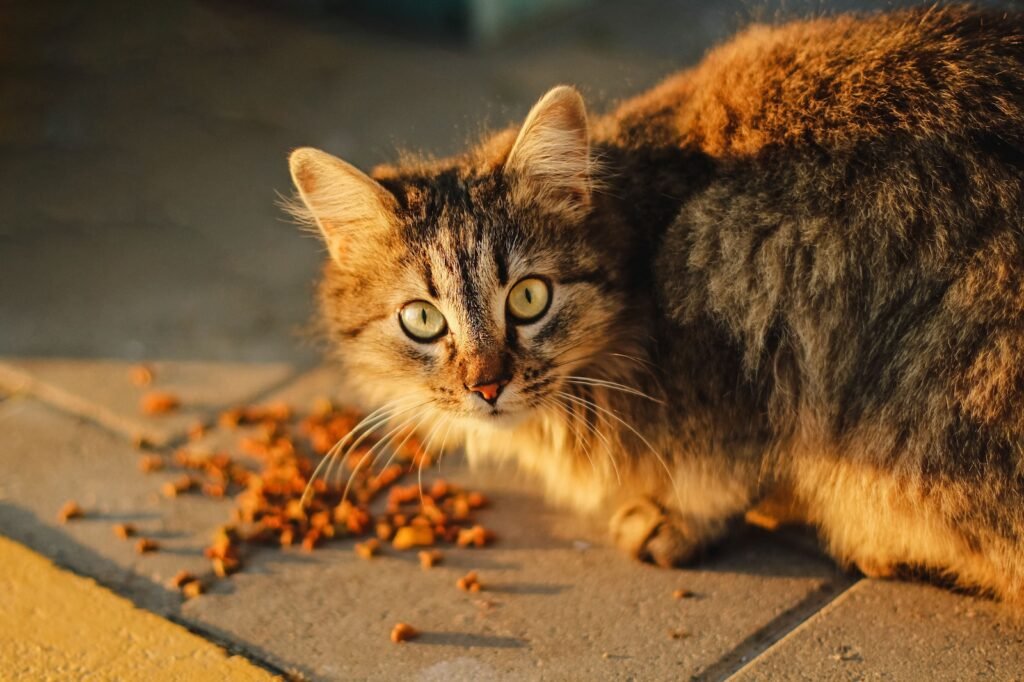
Cats need food every day. In order to survive without food, a cat’s body will start breaking down protein and fat in their prey to create energy. Depending on the breed and age of your cat, they may go 3-5 days without eating before they start to become weak and potentially develop seizures or a coma. When you finally notice that your cat isn’t eating and is showing signs of being ill, it’s best to take them to the vet as soon as possible.
Tip: Place food and water in your cat’s favorite places, such as under the bed or near a window, so they know where to find it if they start to lose appetite.
Cats become irritable and stop using the litter box when they don’t have food
When a cat goes several days without food, their body starts to break down muscle tissue in their prey to create energy. This process leaves them with very little energy and makes it difficult for them to move around.
Additionally, when a cat doesn’t have food to eat, their digestive system starts to shut down which can cause uncomfortable stomachache, vomiting, and diarrhea. In order to keep your cat healthy and happy, it’s important that you make sure they are getting enough food and water.
Tip: If your cat is becoming irritable or STOP using the litter box, it might be time for them to start eating again.
How long can a cat go without food?
Cats can go without food for a range of lengths of time, depending on their size, activity level and health. A healthy cat who is not eating or drinking because he is sick will typically last about three days without food, but a kitten or elderly cat might last just a couple of hours or even minutes without food. If a cat is habitually going weeks or even months with out eating, he may be having issues with his diet or metabolism.
Some cats may be able to go even longer without food if they are very active and don’t specifically need sustenance from food. Other cats may not be able to go more than a few hours without eating, especially if they are overweight or have medical concerns about their diet.
Side effects of going too long without food
Cats are able to go without food for a surprisingly long time, but there are some potential side effects to be aware of. Without enough nutrients and water, your cat may become dehydrated and experience irritability and anxiety. Additionally, their digestive system will start to shut down and they may develop diarrhea or vomiting. In the worst case scenario, starvation can cause heart problems or even death.
If you decide to go without food for your cat, make sure they have access to plenty of water and a litter box so they can go to the bathroom. Additionally, give them some treats periodically to keep them entertained and take care of their basic needs.
How to feed a cat when they don’t want to eat
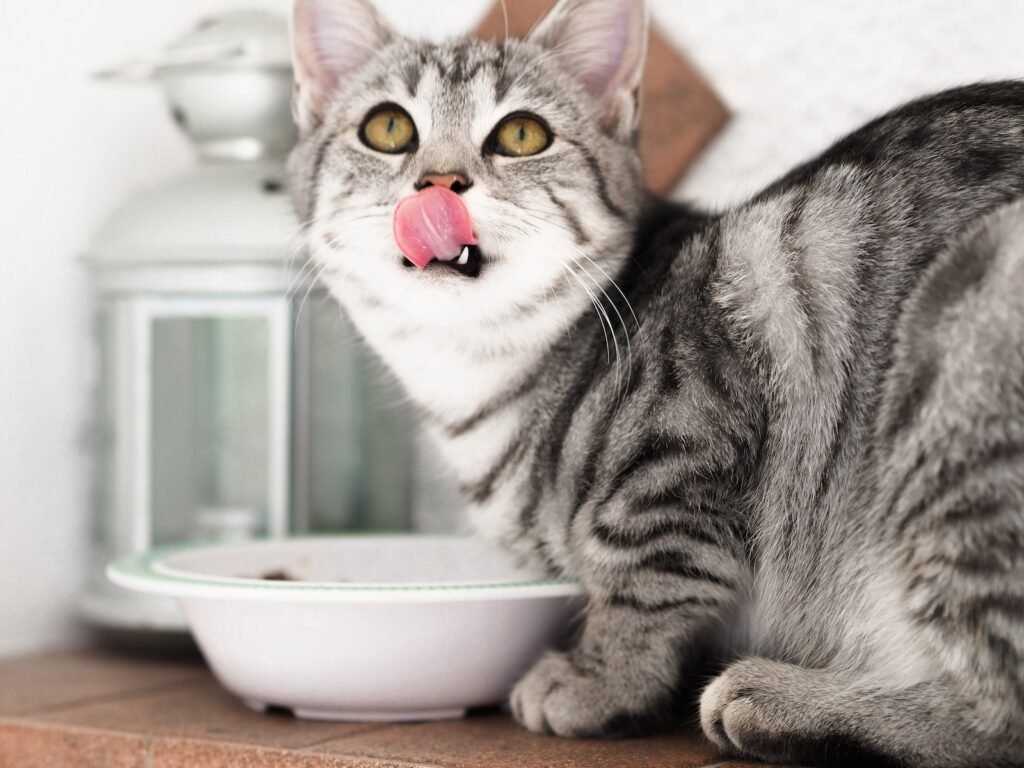
Cats typically eat three to four times a day, but they may go two or three days without eating if they are not given food. Make sure you have a reliable way of feeding your cat so that they can always get the nutrition they need.
If their food is kept in an accessible location, your cat will likely become hungry and start to look for food themselves. Try offering small amounts of kibble or moist pet food several times per day, especially if your cat spends a lot of time outdoors or if they are away from home for long periods of time.
If your cat is not eating or losing weight despite following these tips, it may be necessary to take them to the vet for a check-up.
If your cat is showing other signs of illness, such as vomiting or diarrhoea, they may need to be examined by a veterinarian. Always consult a professional if you are not certain what is causing your cat’s health problems.
What to do if your cat goes without food
If your cat exhibits any unusual behavior or loses weight suddenly, it may be time to investigate the possibility that your pet is going without food. However, there’s no need to start panicking – most cats can go several days without eating if necessary.
Here are a few things you can do to check on your cat’s health and see if it needs sustenance:
Keep an eye on your pet’s behavior. If your cat is acting lethargic and doesn’t seem to be moving around as much as usual, chances are it’s hungry. Consider bringing in a dish of food every day to test whether your cat will eat from it.
Check its droppings – when a kitty isn’t getting enough food, its digestive system will break down its food more rapidly and the solid waste will form into small pellets or droplets that it will leave behind in its litter box. Check for these signs constantly throughout the day, and particularly following a mealtime.
If all of these checks turn up negative, take your pet to the vet for an evaluation. Many times simply changing a kitty’s diet or prescribing some medication in addition to planned feeding can solve the issue immediately.
If you notice your cat is losing weight or not eating, do not hesitate to call your veterinarian for a check-up. Depending on the cause, there may be something that can be done immediately to help your pet regain its health.
Warning signs of a cat going
There are a few warning signs that your cat may be going without food. First, if your cat is not eating or seem to be losing weight, it’s important to take them to the veterinarian for a check-up. Second, if your cat starts behaving oddly – such as being aggressive or trying to hide – it might be time to investigate whether they’re not getting the nutrition they need from their food. If you notice any changes in your cat’s fur or nails, they may be lacking nutrients in their diet.
If you notice any of these signs and your cat is currently eating, do not be alarmed. It’s possible that they simply haven’t had a good meal lately and will begin to eat again soon. If you suspect that your cat has gone without food for an extended period of time, however, it’s important to bring them in to the veterinarian for a check-up.
How to keep your cat fed
There is no one answer to this question, as it depends on a variety of factors specific to your cat’s individual situation. However, generally speaking cats can go about four days without food without any adverse effects. If you’re concerned about your cat’s health or well-being, it’s best to check in with a vet first to ensure that they’re okay and haven’t managed to starve themselves.
Additionally, you can try tempting your cat with tasty morsels placed in their favorite spot near the feeding dish, or offer them a small amount of food several times a day.
If you find that your cat is refusing to eat, try removing any food sources and then reintroducing them one at a time, gradually increasing the amount of food offered each time. If your cat still won’t eat, it might be best to consult a vet.
Conclusion
Cats are independent carnivores and as such, they require a high level of protein in their diet in order to survive and thrive. A study published in the Journal of Experimental Biology found that cats can go approximately two days without food intake if their calorie requirements are met.
While this may seem like a short amount of time, it’s important to remember that cats’ physiology is different than humans and they rely on other sources of energy such as fat stores, which would not be available when lacking food. If your cat seems uncomfortable or appears to be struggling, please seek veterinarian help immediately.


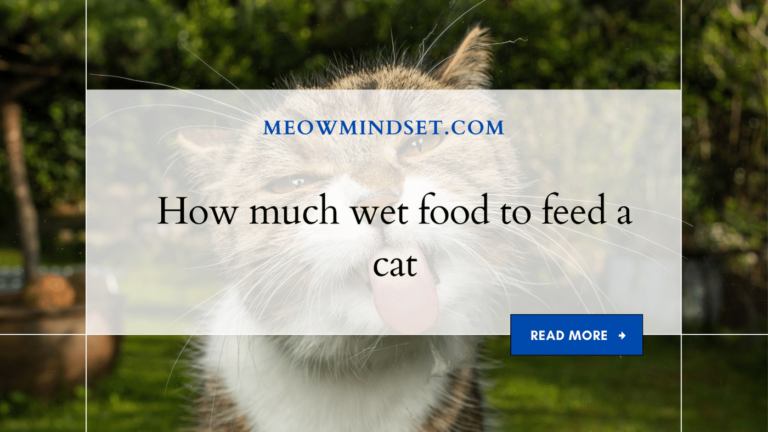
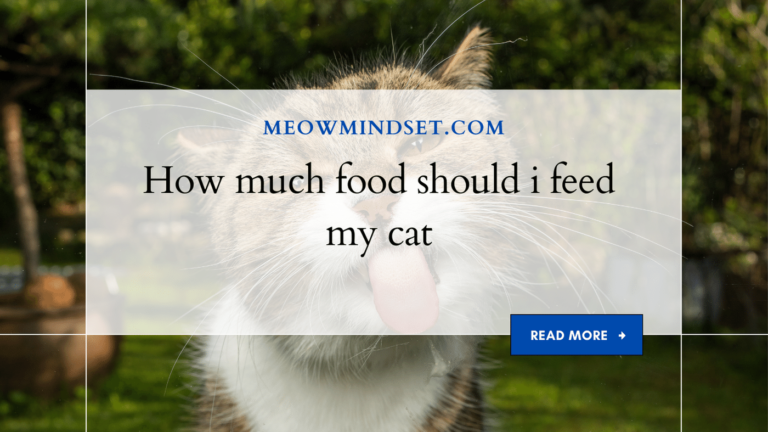
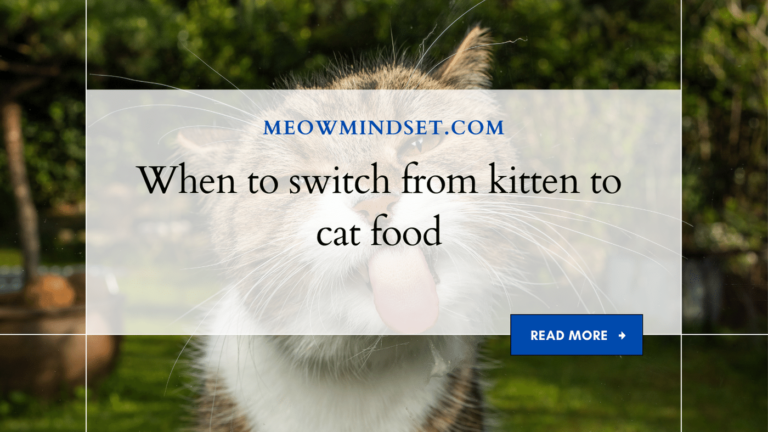
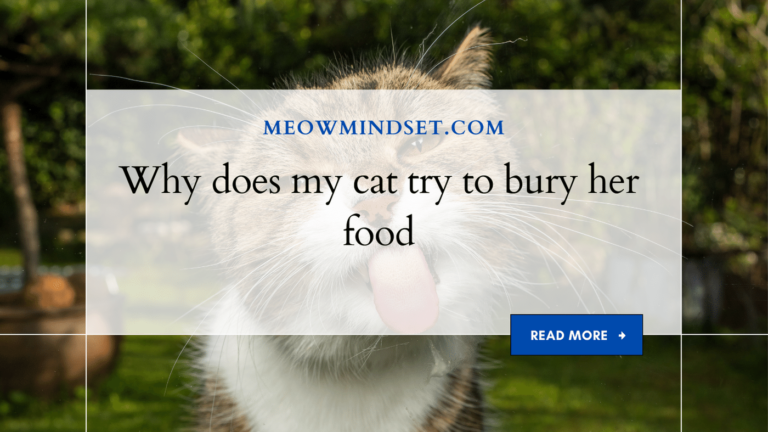
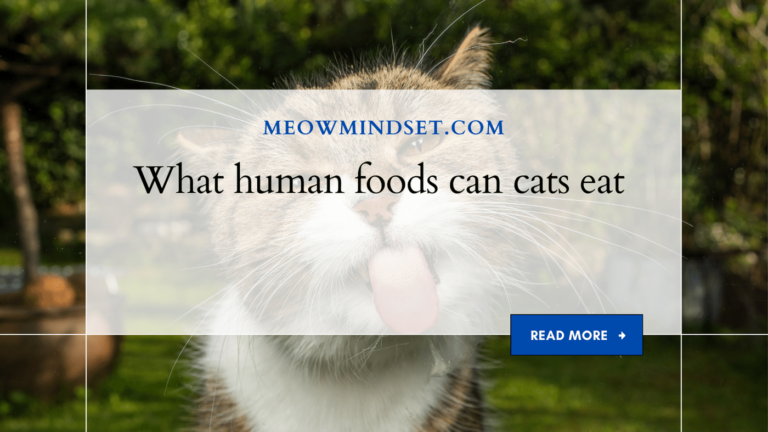
5 Comments